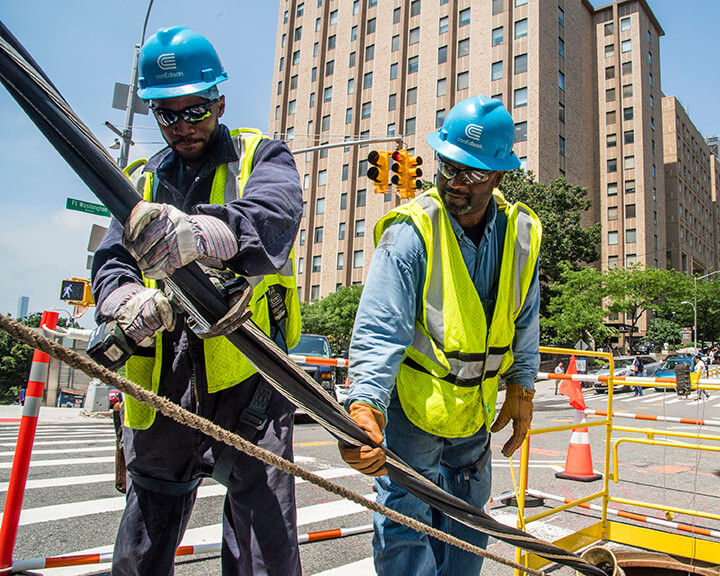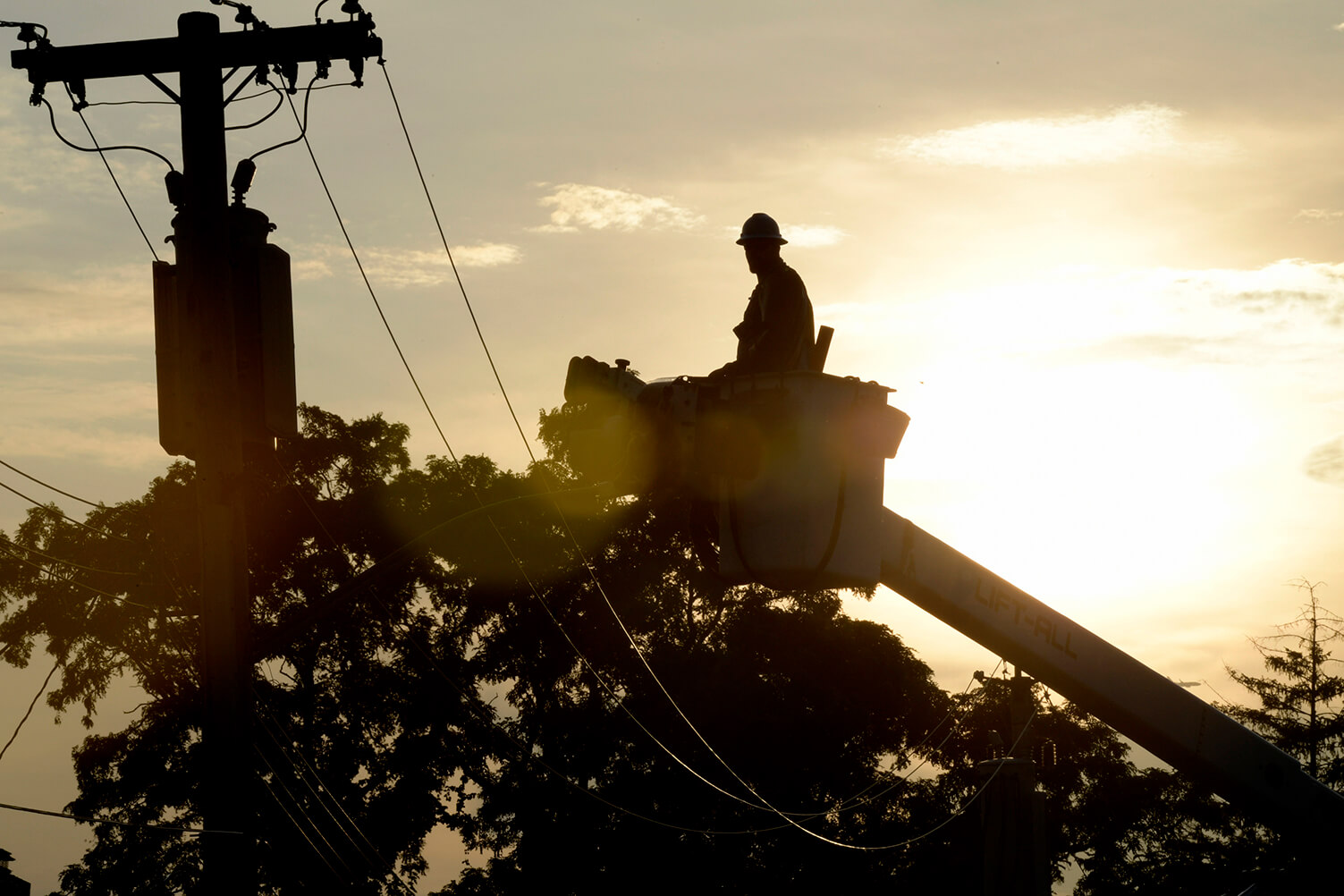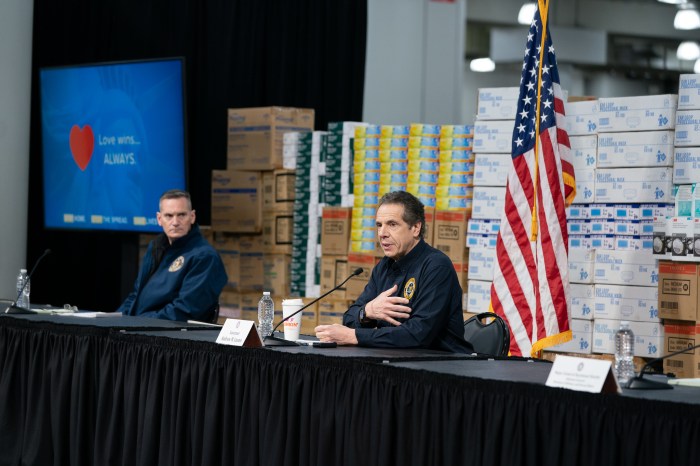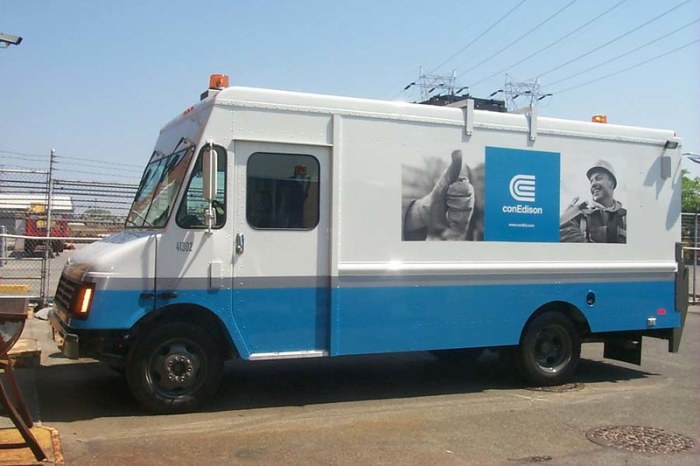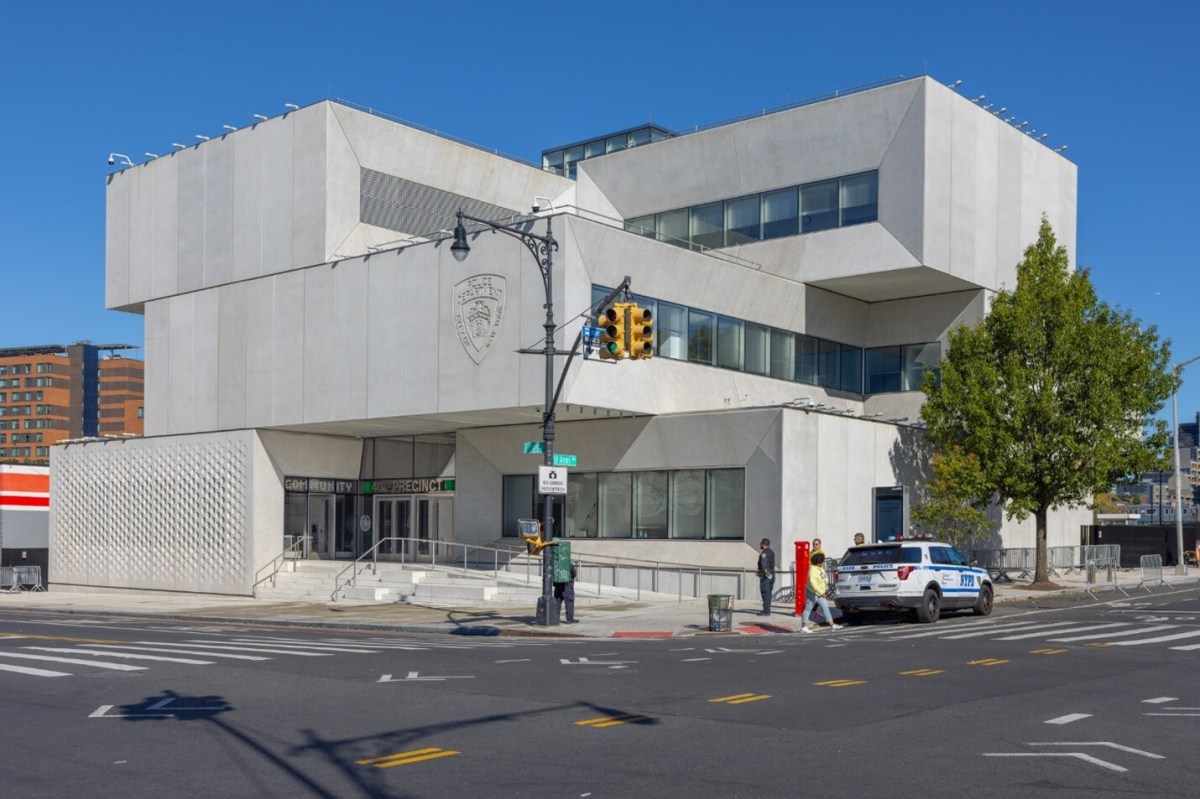Every spring, the term “peak load” is employed with greater frequency at Con Edison, as analysts and engineers project the public’s demand for power in the summer. This year, they predict a peak at 12,570 megawatts — well below the record at 13,322 megawatts, which occurred at 5 p.m. on July 19, 2013.
Despite not having neared that record in recent years, Con Edison is prepared for this summer’s heat: the company spent $1.75 billion on upgrades to its electric delivery system. The investment added new cable, transformers, network protectors, switches and other components. (Specifically, crews installed 44 new network transformers,110 overhead transformers, 125 sections of underground cable, 181 spans of overhead wire and 68 utility poles in preparation for the summer).
It’s smart money: Heat and the resulting high demand for power (due to customers’ need for air conditioning) places stress on electric delivery equipment, particularly lines that are underground. Also, after a heat wave, storms with heavy rain and high winds can bring trees and branches down on overhead lines and cause outages.
“We design our system for a heat index of more than 100 degrees,” said Con Edison’s Public Affairs Manager Allan Drury. “Our analysis also includes other factors, such as the prior summer’s peak load, new business, energy efficiency, electric vehicles, customer solar projects, and other variables that affect the load.”
The impact of climate change over the past decade caused the company to change its predictive model. “It became clear to us that severe weather events were becoming more frequent and devastating,” said Drury. Soon after, the company got approval from its regulator to invest $1 billion in upgrades to its energy delivery systems (electric, gas and steam). In 2018, the company announced an investment of another $100 million in Westchester County.
The company also relies on customers to conserve energy, and incentivizes them to do so. This summer, Con Edison is offering residential customers a $50 discount for buying an eligible smart thermostat; another $85 for registering it with Con Edison’s Bring Your Own Thermostat (BYOT) Program; and a $1,000 rebate to weatherize their home with new air sealing and proper insulation.
Commercial and industrial customers are encouraged to conserve too. For them, Con Edison offers cash incentives for installing high-efficiency, ultra-low temperature freezers, lighting incentives, and instant rebates for new natural gas and electric food service equipment.
Small and medium-size businesses can get a free, no-obligation energy assessment of their facility. In addition to paying about 50 percent of the cost for qualified lighting, HVAC, refrigeration and gas upgrades, Con Edison also offers financing with rates as low as zero percent and no money down for eligible energy-efficiency upgrades.
“We urge wise energy usage all 12 months of the year because it is good for the environment and helps customers save on their bills,” said Drury. “But it takes on an additional importance during extreme hot weather.”



